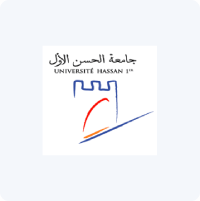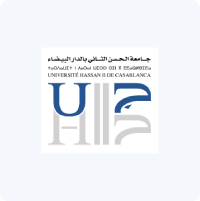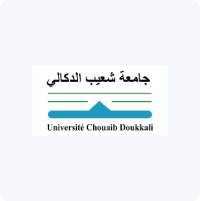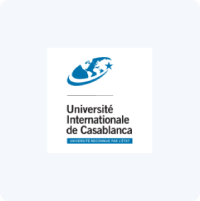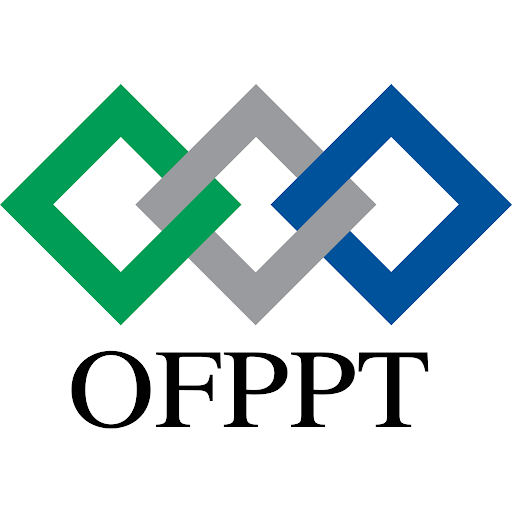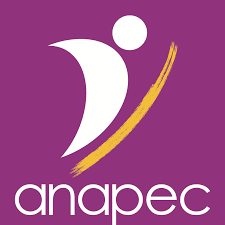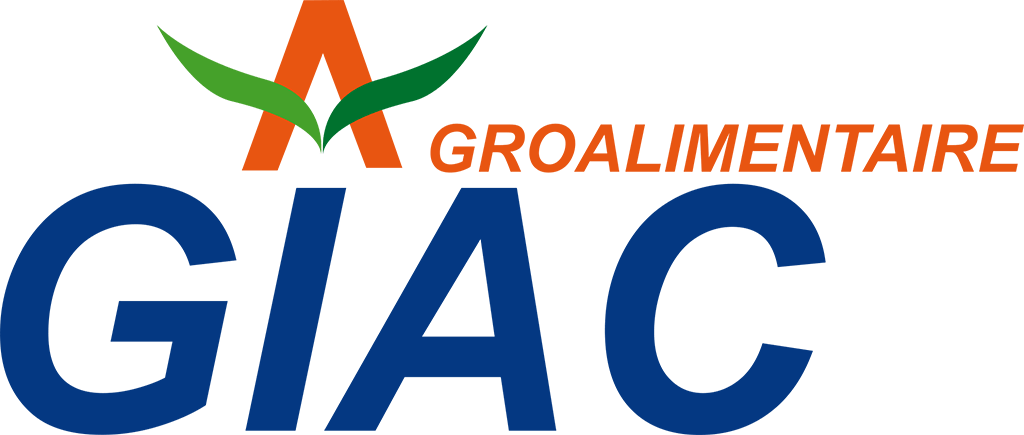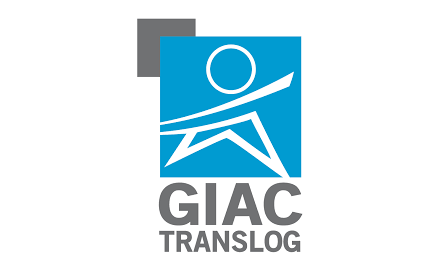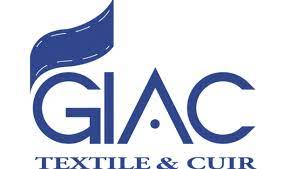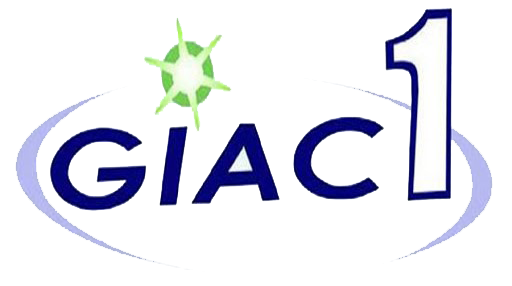Training & Human Resources
Training and Human Resources
Vector of growth, human assets not only ensure cohesion within the enterprise, but also stimulate its competitiveness and innovation.
Availability and qualification of human resources represent the main engine for a better productivity and market access.
In Casablanca-Settat, Human capital is a force generator for enterprises thanks to diversified offers of trainings, skills and incentives.
Learn more about this asset through the following overview.

Casablanca-Settat Academic Offer
The region represents a real breeding ground for human resources thanks to its great universities and prestigious public and private higher education institutes that provide high-quality training.
19% of national academic enrollment
25% of national vocational training enrollment
180 approved fields of vocational trainings
13.5% of students in private universities
| Organisme | Program | Consistency |
|---|---|---|
National Agency for the Promotion of Employment and Skills (ANAPEC) |
Idmaj Program |
|
| Taehil Program |
|
|
|
Tahfiz Program |
|
Legal Provisions on Labour
Casablanca-Settat RIC provides you with an overview of Labour legal dispositions in Morocco.
-
Types of Contracts
Moroccan Labour Law recognizes three types of contracts: “Permanent Contracts” (CDI), “Fixed-Term Contracts” (CDD) and “Specific Task Contracts”.
-
Working Hours
Legal working hours vary according to sectors. In agriculture, annual total working hours are 2496. Other sectors should not exceed 2288 hours, or about 44 hours per week, or a maximum of 10 hours/day.
-
Minimum Salary
The Guaranteed National Minimum Wage is set at 3,045.96 MAD per month. In the agricultural sector, the Guaranteed Agricultural Minimum Wage will be 2,255.03 MAD per month starting in April 2025
-
Retirement
Retirement age is 60 years (55 years for the mining sector) with possibility that the employee pursues his activity following decision of the relevant labour authority, employer request and the employee’s consent.
-
Contribution to the National Social Security Fund (CNSS) (Payroll Tax):
It is compulsory for all activities (except those of seafaring personnel) and worked out on basis of all remunerations earned by CNSS beneficiaries (salaried employees and apprentices), including allowances, bonuses and gratuities. The contribution to the CNSS concerns family benefits, social benefits on the short and long terms, health insurance and vocational training taxes, and is applicable through Employer Contribution Rate: 21.09%, and Employee Contribution rate: 6.74%.
-
Outsourced Recruitment:
Approval of Labour Authorities is compulsory for any employer requiring outsourced recruitment, which is applicable in the form of visa affixed on the Employment Contract.


